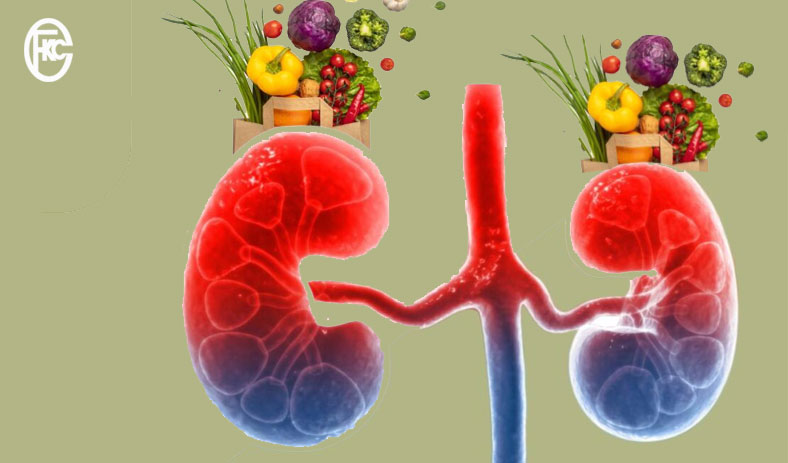
Overview:
Vitamins and supplements play a crucial role in a kidney patient's diet as they can help to support overall health and compensate for potential nutrient deficiencies caused by kidney disease and its treatment. However, it's important to note that the specific vitamin and supplement needs can vary depending on the stage of kidney disease and individual requirements.
Here are some key roles of vitamins and supplements in a kidney patient's diet:
1. Vitamin D:
Kidney patients often have low levels of vitamin D due to impaired kidney function. For maintaining bone health and preventing conditions such as osteoporosis then vitamin D is essential. Supplements may be recommended to help normalize vitamin D levels.
2. B vitamins:
Kidney patients may experience deficiencies in B vitamins such as B6, B12, and folic acid. These vitamins are important for red blood cell production, nerve function, and energy metabolism.
3. Iron:
Chronic kidney disease can lead to anemia, and iron deficiency is a common cause. Iron supplements may be prescribed to help treat anemia and improve energy levels.
4. Calcium:
Kidney patients may have difficulty properly regulating calcium levels in the blood. Supplements may be recommended to help maintain proper calcium balance and prevent bone conditions such as osteoporosis.
5. Omega-3 fatty acids:
Omega-3 fatty acids have been shown to have anti-inflammatory effects and may help reduce the risk of cardiovascular disease in kidney patients. Fish oil supplements are a common source of omega-3 fatty acids.
6. Antioxidants:
Kidney patients are at a higher risk of oxidative stress and inflammation, which can further damage the kidneys. Antioxidants such as vitamin C and vitamin E may help reduce oxidative stress and inflammation. Supplements may be recommended to provide additional antioxidant support.
7. Probiotics:
Kidney patients often have imbalances in gut bacteria due to dietary restrictions and medication use. Probiotics can help restore a healthy balance of gut bacteria and may improve digestive health.
8. Phosphorus binders:
Kidney patients with high phosphorus levels may require phosphorus binders, which are supplements that help reduce the absorption of phosphorus from the diet.
Conclusion:
It's important for kidney patients to consult with a healthcare professional or registered dietitian before starting any vitamin or supplement regimen. They can help determine the appropriate dosage and ensure that the supplements do not interact with any medications or further worsen kidney function. Additionally, a well-balanced and nutrient-dense diet should still be prioritized as the primary source of essential vitamins and minerals for kidney patients.